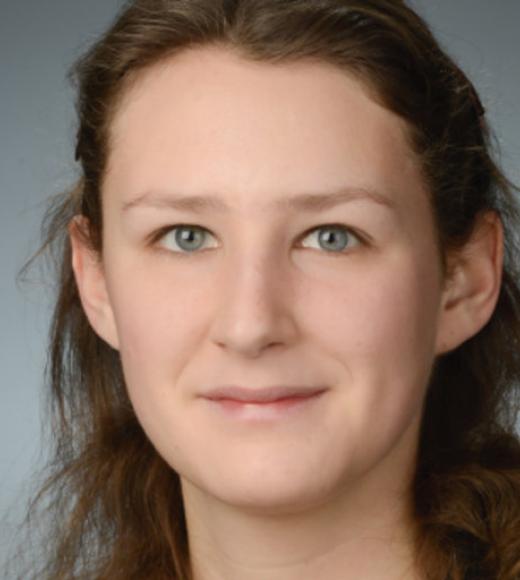
Position Title
Pre-Veterinary Student
- Small Animal Veterinary Medicine
- Neuroscience Graduate Group
- Major Professor: Gene Gurkoff
Research Description
Katelynn’s LaMP research project addressed the hypothesis that temporal lobe epilepsy perturbs oscillations involved in both excitability and cognition, leading to seizures and memory deficits. Furthermore, by entraining oscillations with 7.7 Hz septal stimulation, she hypothesized that seizures could be prevented while also improving cognitive outcomes. Her work utilized a rat model of epilepsy. Analysis of local field potentials and EEG identified both acute and persistent changes in electrophysiology in response to exposure to the seizure inducing cholinergic agonist pilocarpine. Katelynn was able to demonstrate that daily stimulation during the period prior to animals developing spontaneous seizures seemed to alter disease progression, with stimulated rats performing better than pilocarpine controls on cognitive tasks in the weeks following injury. However, her dissertation provided mixed results. On the one hand theta frequency stimulation in epileptic rats did not drive persistent increases in theta oscillations of theta phase coherence. However, stimulated rats had an intermediate seizure threshold phenotype. Perhaps most exciting, however, is in a small subset of animals that were recorded chronically, there was a significant reduction in seizure frequency between untreated- as compare to theta-stimulated epileptic rats. In addition to her proposed LAMP research, during her funding period Katelynn was also able to complete two projects related to learning, memory and plasticity in a TBI model. Katelynn’s data demonstrated that as oscillations recover to sham-injury levels, cognitive performance similarly recovers to the point where only mild effects of TBI remain
- BS - Susquehanna University - Neuroscience - 2014
- PhD - University of California, Davis - Neuroscience - 2020
- DVM - University of California, Davis - Small Animal Medicine - 2022
- Learning, Memory, and Plasticity (LaMP) T32 2018 - 2019
- Yearlong Experience in Advanced Research (YEAR) T32 2017 - 2018
- Keen-Rhinehart E, Ondek K, Schneider J (2013). Neuroendocrine regulation of appetitive ingestive behavior. Front Neurosci 15; 7:213. doi: 10.3389/fnins.2013.00. PMID: 24298235
- Izadi I*, Ondek K*, Schedlbauer A, Keselman I, Shahlaie K, Gurkoff G (2018). Clinically Indicated Electrical Stimulation Strategies to Treat Patients with Medically Refractory Epilepsy. Epilepsia Open 3(S2): 198-209. doi 1002/epi4.12276. *co-first authors
- Ondek K, Brevnova O, Ornelas-Jimenez C, Vergara A, Zwienenberg M, Gurkoff G. (2020) A new model of repeat mTBI in adolescent rats. Experimental Neurology. 331; 113360. doi:10.1016/j.expneurol.2020.113360
- Ondek K, Lucero S, Zwienenberg M, and Gurkoff G. (2020). An implantable helmet for studying repeat TBI. MethodsX. https://doi.org/10.1016/j.mex.2020.101142
- Ondek K*, Pevzner A*, Tercovich K*, Schedlbauer A, Izadi I, Ekstrom A, Cowen S, Shahlaie K, Gurkoff G. (2020). Recovery of theta frequency oscillations in rats following lateral fluid percussion corresponds with a mild cognitive phenotype. Frontiers in Neurology 11. doi 10.3389/fneur.2020.600171. *co-first authors
- Izadi, A, Shedlbauer, A, Ondek, K, Disse, G, Ekstrom, A, Cowen, S, Shahlaie, K, and Gurkoff, G. (2021). Early intervention via stimulation of the medial septal nucleus improves cognition and alters markers of epileptogenesis in pilocarpine-induced epilepsy. Frontiers in Neurology 12. doi 10.3389/fneur.2021.708957
- Kamal K, Binyamin T, Keiter J, Vergara A, Izadi I, Ondek K, Berman R, Sharp F, Gurkoff G, Waldau B (2019). Persistent hydrocephalus and activated microglia drive the spatial memory decline after intraventricular hemorrhage in rodents. Neurosurgery 66(S1). doi 10.1093/neuros/nyz310_663